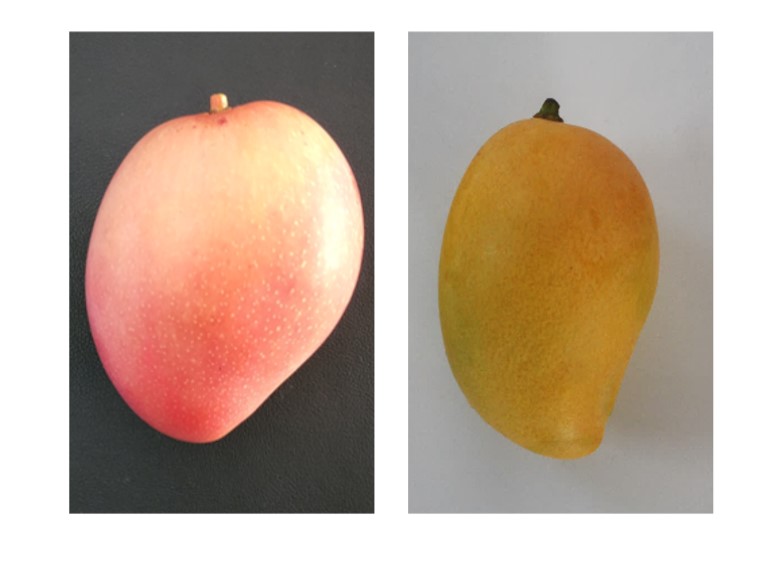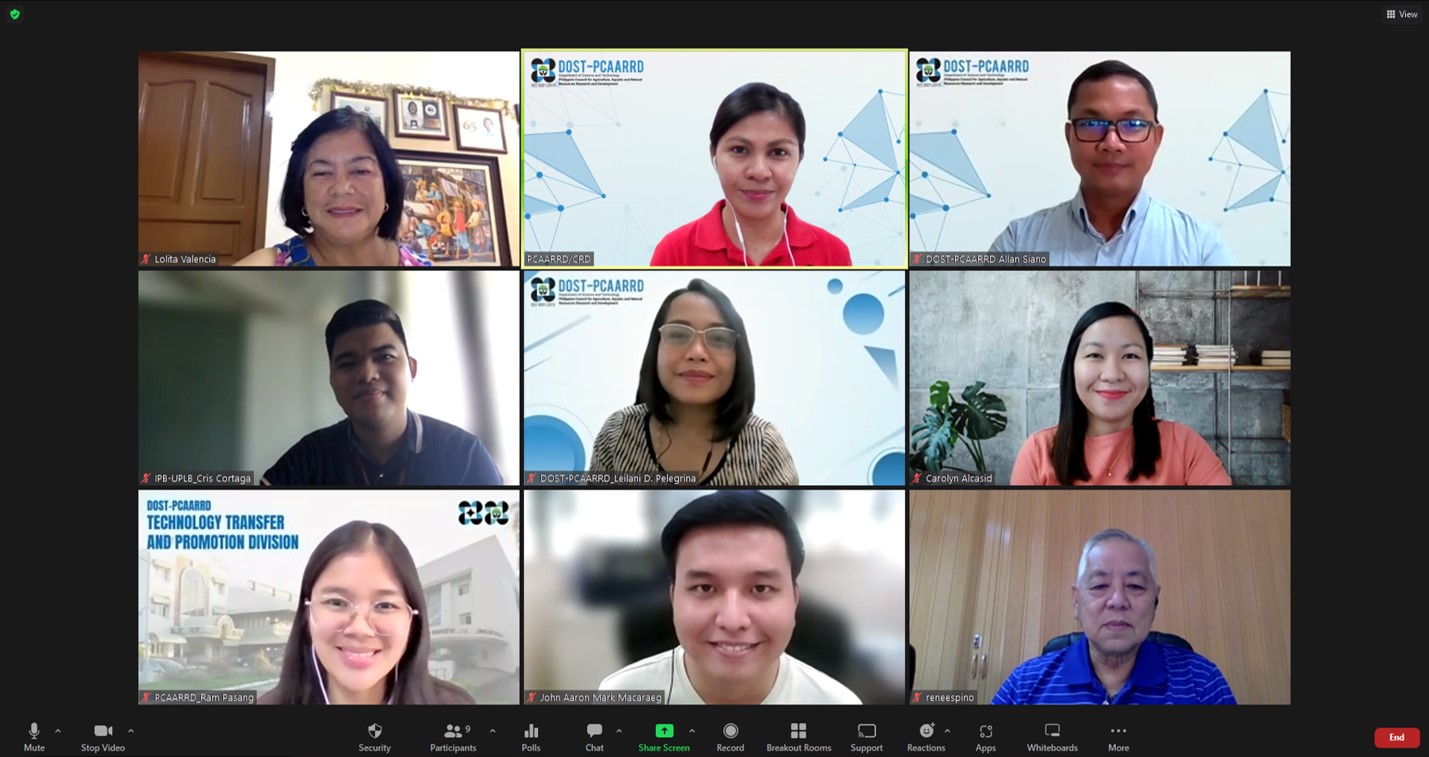
Set to strengthen the mango export industry, particularly of the Philippines’ ‘Carabao’ mango variety, a research and development program identified ‘promising’ traits in producing export quality varieties and selections. These desirable traits include red blush, thick peel, and resistance to anthracnose and fruit flies.
Ms. Carolyn E. Alcasid of the Institute of Plant Breeding, University of the Philippines Los Baños (IPB-UPLB) and leader of the program, “Enhancing Competitiveness of Philippine ‘Carabao’ Mango through Varietal Improvement,” reported mango varieties and selections with promising traits -- ‘Mangoming,’ ‘Farrales,’ ‘GES 77,’ mango selections FOCS Acc Nos. 12-186, 12-070, 12-202 and 12-173, and ‘Carabao’ mango selections FOCS Acc. Nos. 12-053, 12-209, and 12-127.
FOCS Acc. Nos. 12-202, 12-053, and 12-173 are resistant to anthracnose, while ‘GES 77,’ FOCS Acc. Nos. 12-209 and 12-12, and ‘Farrales’ are resistant to fruit fly.
‘GES-77,’ an NSIC-registered variety through the program, is being recommended to local farmers due to its resistance to fruit fly.
Meanwhile, 19 ‘Carabao’ mango hybrids were successfully produced through conventional hybridization. Fruits of 4 out of 19 hybrids were observed to have red blush while two hybrids, 154-15(5) and 138-16(1-1), have potential resistance to fruit flies and anthracnose, respectively. Initial screening of other hybrids also showed that eight hybrids will likely have red-blushed skin and 10 will likely have anthracnose resistance.
Using the Genotype by Sequencing (GBS) technology, the program team identified molecular markers associated with red blush, thick peel, and resistance to fruit flies and anthracnose.
The program was implemented in partnership with the Bureau of Plant Industry (BPI)-Guimaras; BPI-La Granja National Crop Research, Development and Production Support Center (BPI-LGNCRDPSC); Don Mariano Marcos Memorial State University (DMMMSU); President Ramon Magsaysay State University (PRMSU); and private mango growers from Castillejos (Zambales), Iligan City (Lanao Del Norte), and Tiaong (Quezon). It is funded and monitored by the Philippine Council for Agriculture, Aquatic and Natural Resources Research and Development of the Department of Science and Technology (DOST-PCAARRD).

Both UPLB and DOST-PCAARRD eye the development of the Program’s Phase 2, focusing on market study and postharvest characterization of the promising varieties and selections. The program team plans to partner with plant nurseries in distributing the registered mango varieties and looks into applying for Plant Variety Protection (PVP).
The outputs of the first extensive mango breeding program in the Philippines were discussed recently in a terminal review organized by DOST-PCAARRD.
The terminal review was attended by the UPLB program team, Technical Review and Evaluation Panel Members, Dr. Rene Rafael C. Espino of UPLB, Ms. Mary Ranzelle Pasang from Technology Transfer and Promotion Division (TTPD), and Crops Research Division (CRD) representatives led by its OIC-Director, Dr. Allan B. Siano; Monitoring and Evaluation Subsection Head, Ms. Leilani D. Pelegrina; and Mango ISP Manager, Ms. Ma. Cecilia S. Alaban.
